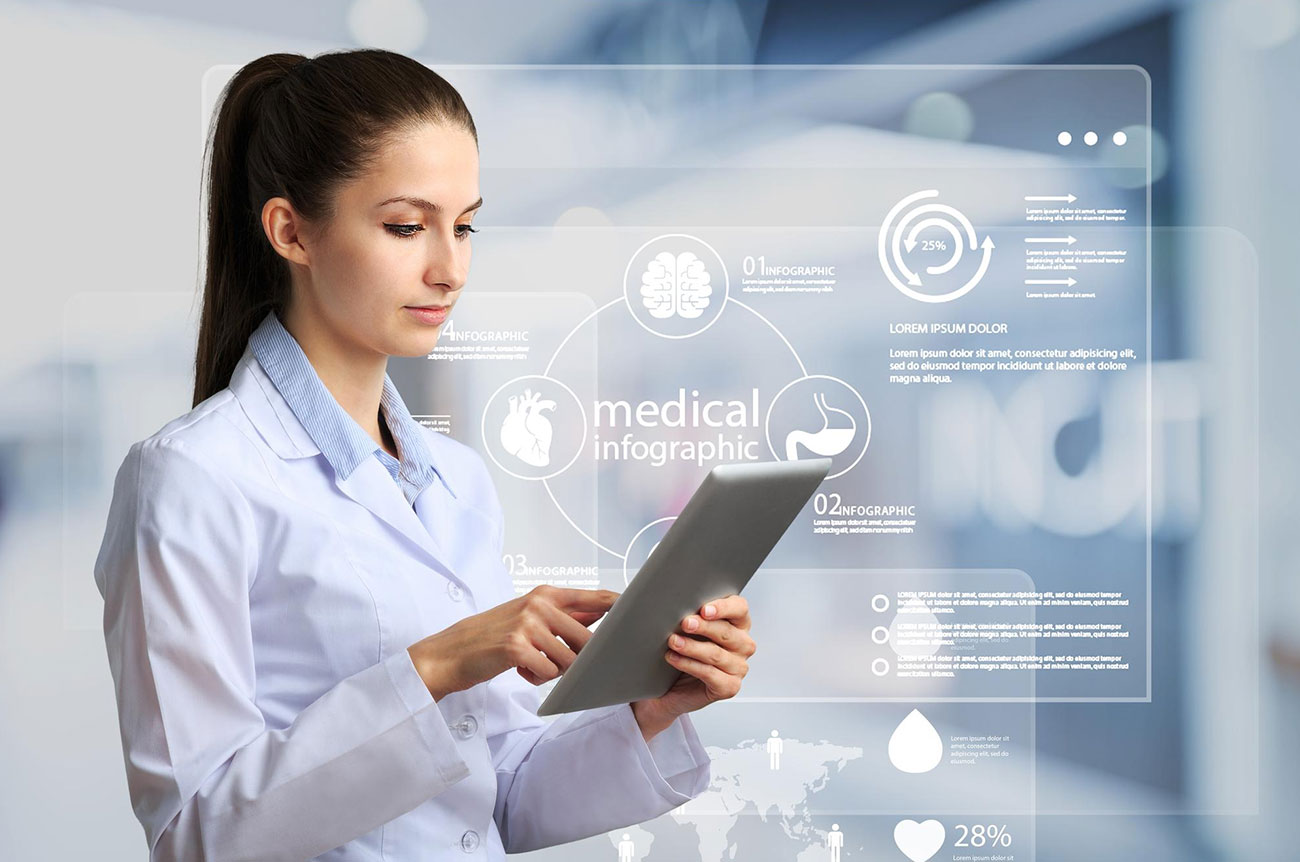
Posted On October 16, 2024
How Healthcare IT Solutions Providers are Streamlining Clinical Workflows
Understanding Clinical Workflows in Healthcare
Clinical workflows refer to the structured processes and activities involved in patient care within healthcare settings. These workflows encompass everything from patient registration and diagnosis to treatment and follow-up care. Efficient clinical workflows are crucial for ensuring that patients receive timely and effective care, while also enabling healthcare providers to operate smoothly.
The Role of Technology in Modern Healthcare
Technology plays a vital role in transforming how healthcare providers manage their workflows. With the rise of electronic health records (EHRs), telemedicine, and data analytics, healthcare IT solutions are becoming essential tools for streamlining processes. These technologies help providers improve communication, enhance data accessibility, and ultimately deliver better patient care.
Key Challenges in Clinical Workflows
Despite advancements in technology, healthcare providers still face several challenges in managing clinical workflows. Common issues include fragmented systems, manual processes, and a lack of standardization across departments. These challenges can lead to delays in patient care, increased administrative burdens, and potential errors in treatment. Addressing these obstacles is essential for optimizing workflows.
How IT Solutions Enhance Patient Care
Healthcare IT solutions enhance patient care by improving efficiency and accuracy in clinical workflows. For instance, EHRs enable healthcare providers to access patient information quickly and securely, reducing the time spent on paperwork. Telemedicine solutions allow for remote consultations, increasing access to care for patients in remote areas. Additionally, data analytics can help identify trends and improve decision-making, ultimately leading to better health outcomes.
Integration of Electronic Health Records (EHR)
EHR systems are a cornerstone of modern healthcare IT solutions. They allow for seamless integration of patient data across various departments, enabling healthcare providers to access comprehensive patient histories at a glance. This integration reduces the likelihood of errors and ensures that all team members are on the same page regarding patient care. Furthermore, EHRs facilitate better communication among healthcare professionals, fostering a collaborative approach to treatment.

Telemedicine: Improving Access to Care
Telemedicine has revolutionized the way healthcare is delivered, especially in remote or underserved areas. By allowing patients to consult with healthcare providers via video calls, it eliminates the need for travel and reduces waiting times. This convenience leads to quicker diagnoses and timely treatment, enhancing overall patient satisfaction and adherence to care plans.
Data Analytics: Driving Informed Decisions
Data analytics plays a crucial role in healthcare IT by providing actionable insights from vast amounts of patient data. Healthcare IT solutions enable the analysis of trends, outcomes, and patterns, helping clinicians make informed decisions. This results in personalized treatment plans and improved patient outcomes, as healthcare providers can tailor their approaches based on real-time data.
Interoperability: Connecting Healthcare Systems
Interoperability refers to the ability of different healthcare systems and software to work together seamlessly. Effective IT solutions ensure that patient information is accessible across various platforms, enabling a cohesive approach to care. This connectivity reduces errors, avoids duplicate tests, and streamlines communication among healthcare professionals, leading to more efficient workflows.
Automating Administrative Tasks for Efficiency
Administrative tasks, such as appointment scheduling, billing, and record-keeping, can be time-consuming and prone to error. Healthcare IT solutions automate these processes, reducing the administrative burden on staff. Automation not only improves accuracy but also allows healthcare professionals to focus more on patient care, enhancing the overall efficiency of clinical workflows.
Training and Support for Healthcare Professionals
Implementing new IT solutions requires proper training and support for healthcare professionals. Providers offer training programs and ongoing support to ensure that staff can effectively use the technology. This support helps in smooth transitions to new systems, reduces resistance to change, and maximizes the benefits of IT solutions in clinical settings.
Conclusion
In conclusion, healthcare IT solutions providers play a crucial role in streamlining clinical workflows. By addressing key challenges, enhancing patient care, and integrating technologies like EHRs, these solutions contribute to more efficient and effective healthcare delivery. As the healthcare landscape continues to evolve, embracing technology will be vital for achieving optimal patient outcomes and operational success.
For more insights on how healthcare IT solutions can transform clinical workflows, visit smart Data
